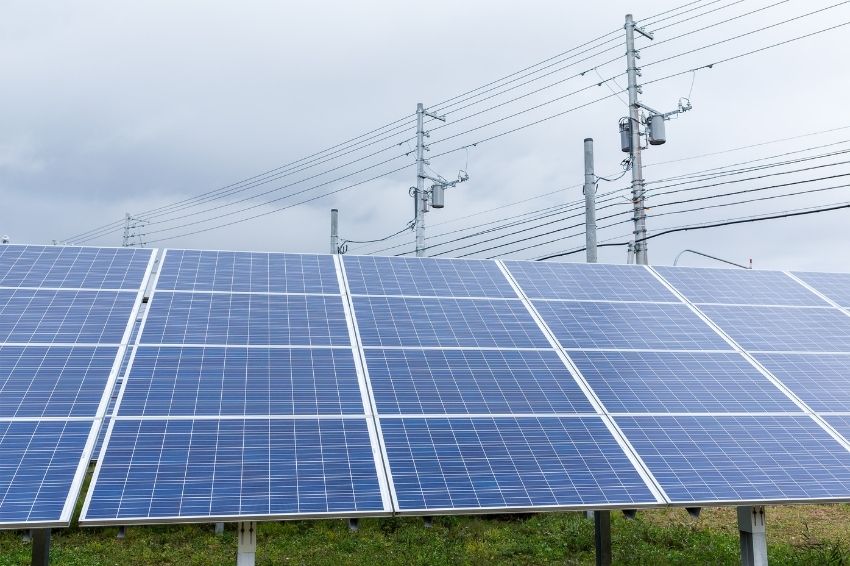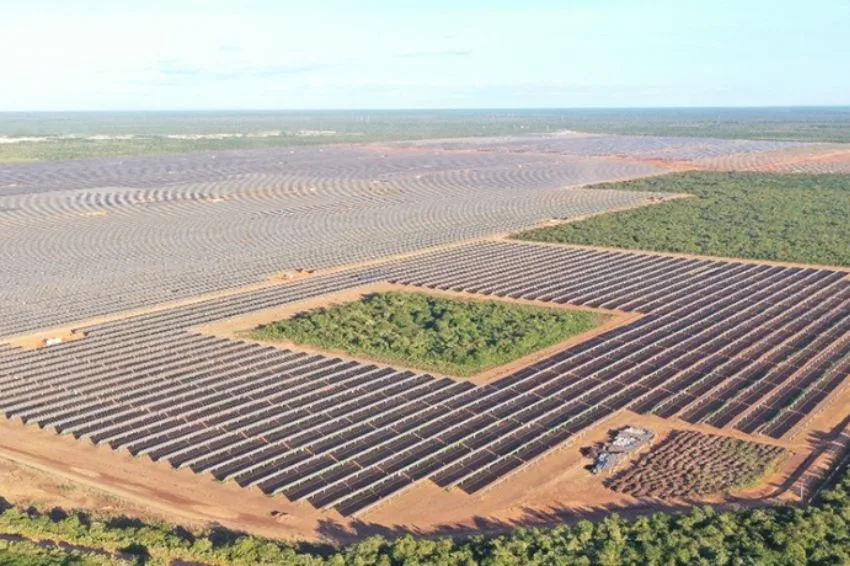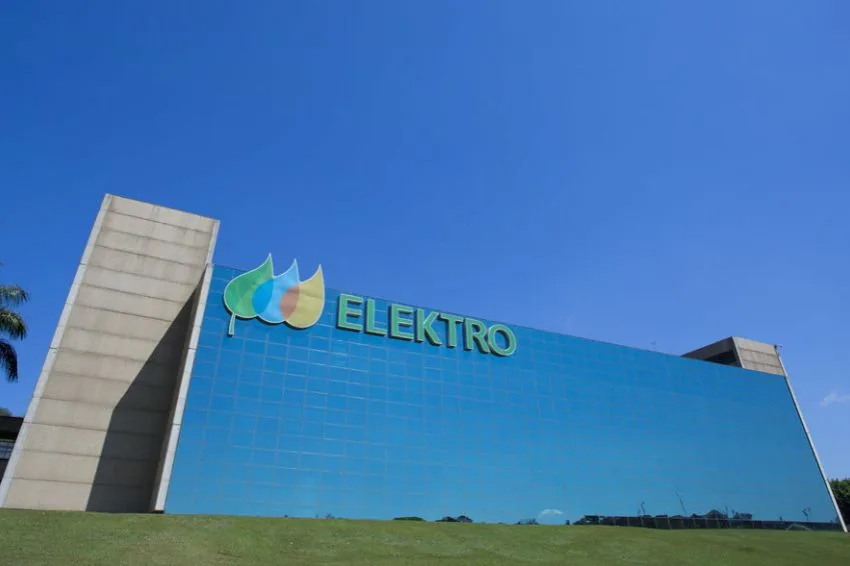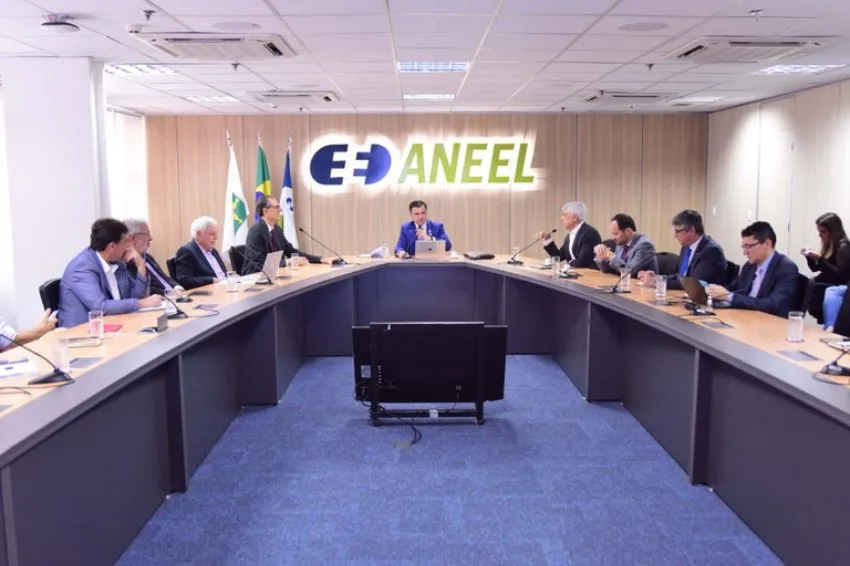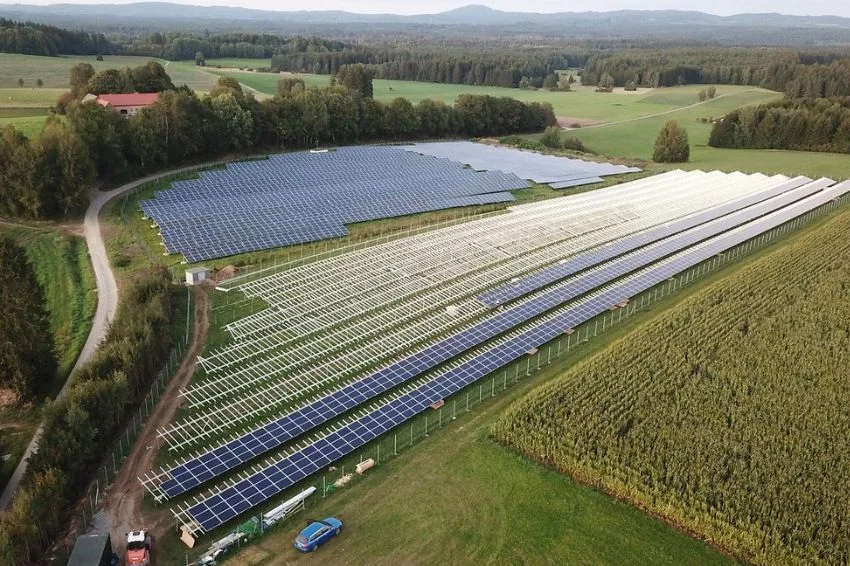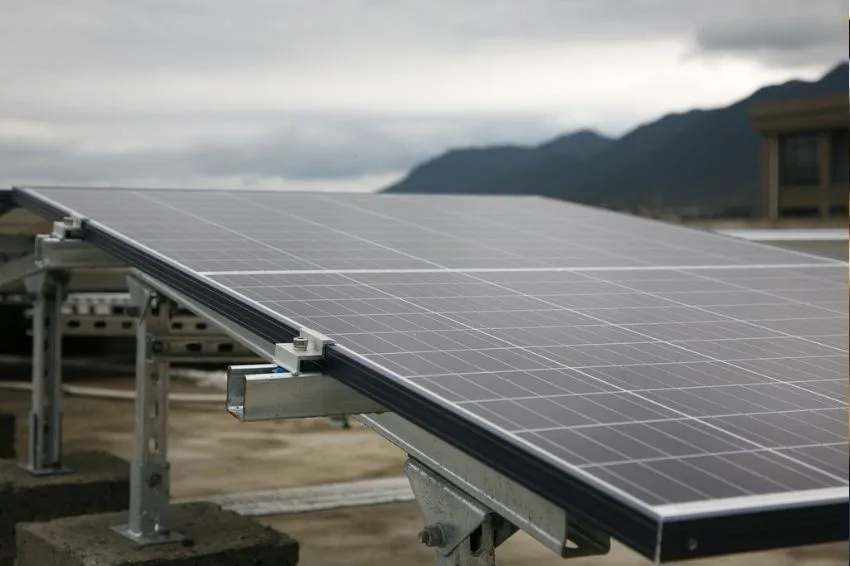O PLD (Difference Settlement Price) Timetable, which began operating in January this year with hourly granularity, is dividing opinions among experts in the photovoltaic sector.
For Rodolfo Castro, analyst at Greener – a consultancy and research company – the PLD tends to benefit the solar source. Bernardo Marangon, specialist in electricity markets and director of Exata Energia, states that DG (distributed generation) is not impacted.
“In Brazil, peak energy consumption has occurred increasingly throughout the day. This behavior causes professionals in the segment to expect higher PLD values during sunny hours,” said Castro.
“Thus, even with its unpredictability, its adoption is a regulatory change that should benefit photovoltaic generation”, he highlighted.
However, according to Marangon, the PLD did not show major differences between times, even at times when the load is lower, such as, for example, the early hours of the morning.
“In this sense, there is no impact for solar energy that participates in the ACL (Regulated Contracting Environment). In theory, the price should vary depending on the load – in such a context the cost would behave in a beneficial way for photovoltaic energy, given that currently one of the load peaks occurs at the time when solar generates the most electricity”, he explained.
“For the future, if the concern of sector planners is realized, the entry of a large volume of solar at a certain time could cause a negative price difference, harming photovoltaic. I believe that this should not materialize, as storage solutions must become viable before this scenario”, pointed out Marangon.
The Greener researcher also outlined perspectives for the coming years and made a reservation: “a risk analysis must be carried out in order to consider the potential impacts that this change could have on each project and also on each contract. Constant exposure can harm returns and make the project unfeasible”, he concluded.


